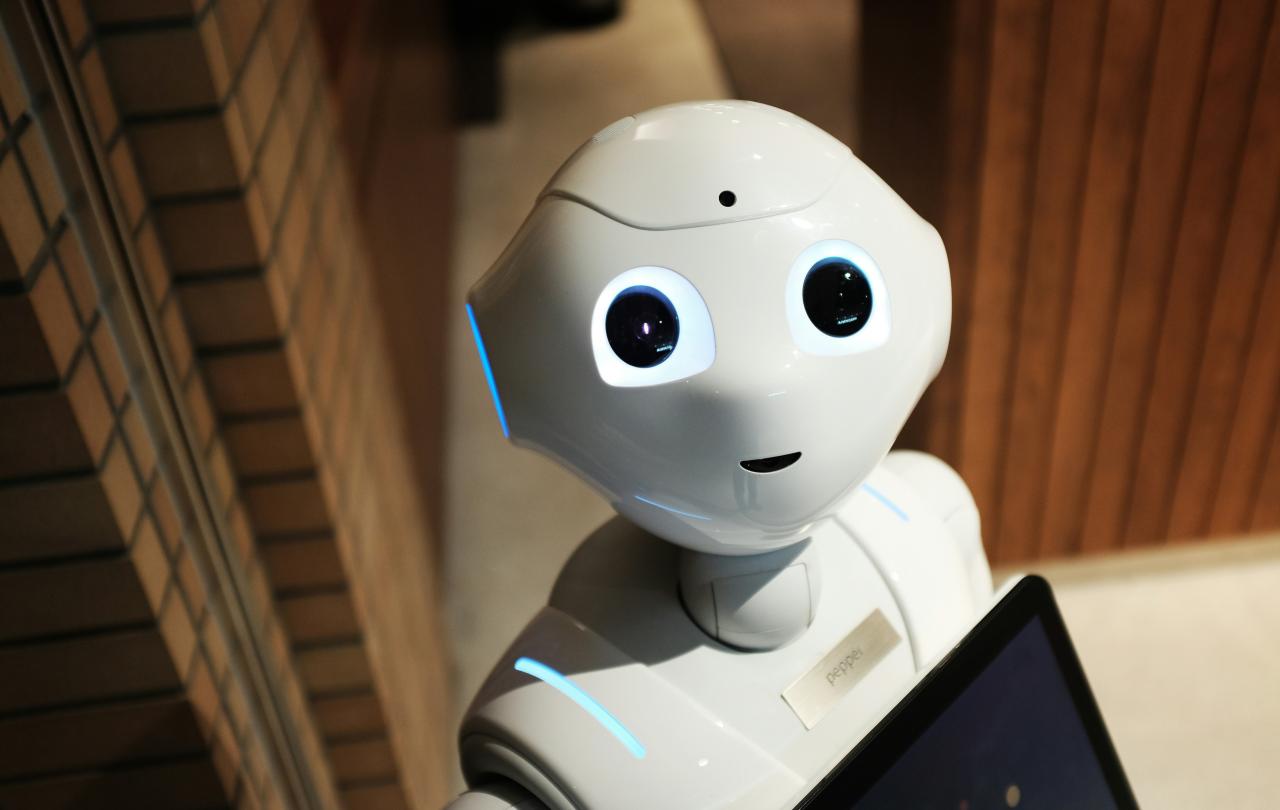
In 2009, a Korean pastor at Jusarang Community Church installed a small, two-way, hatch on the wall of his church. One way opened out onto the street where mothers could place unwanted babies anonymously and inconspicuously. On the other side, the child would be taken into a nursery, cared for, and put up for adoption. By 2019, over 1,500 babies were left in this ‘Baby Box’ and the scheme has spread out across Korea and other surrounding countries. Since then, it has continually raised challenging ethical, pragmatic, and social questions in the media. What about the legality and safeguarding of this scheme? What about the possibility of corruption and bad actors? Does it incentivise irresponsible motherhood? Is it better to abandon a baby than to abort it? Least to say, the topic is one that spins off into many controversial and toe-curling conversations.
Hirokazu Kore-eda’s Broker is a film that is equally about all of these things, and also none of them. After a young woman decides to abandon her newborn child at a Baby Box she discovers that a pair of criminal ‘brokers’ are at work who take these children and sells them to childless parents. She decides to join them on the search for the right ‘customers’.
If the premise conjures up images of a grim existential drama, you would be mistaken. If I were to describe this movie in two words, it would be ‘intimate’ and ‘humane’. It is not a moralising hit-you-over-the-head polemic. Instead, it is a thermonuclear ethical debate swaddled up in a warm, slice-of-life, road-trip comedy. Yet it manages to do this without feeling contrived or losing the empathetic depth required to do the topic justice. It humanises the ethics and portrays them in a heartwarming yet unsentimental narrative. For this alone, the writer-director Kore-eda deserves his plaudits. Rarely does the film feel heavy.
Broker trailer
The tone of the film is measured and meditative without dragging. The lingering and deliberate cinematography doesn’t overstay its welcome and contributes to the calming, road-trip atmosphere of the film. There are some particularly memorable compositions during key dialogue scenes that will leave an impression - The Ferris Wheel. You’ll know what I mean.
Set in predominantly rural coastal towns, the camera writes a subtle love letter to the South Korean coast. And at a time when the films that manage to gain wider Western viewership are heavy, Seoul-centric dramas, it is refreshing to see a film that points the camera to the rural coastline and celebrates its understated but lived-in beauty. In this way, the Japanese influences of the director shine through.
The performances are strong all around. The ever-reliable Song Kang-ho of Parasite brings in a reserved yet dialled-in performance as a good-natured yet morally dubious broker which is worthy of his Best Actor award at Cannes 2022. Yet Ji-eun Lee’s performance deserves particular attention. Playing the mother, she inhabits the emotional core of the film with convincing depth and complexity. This is particularly impressive given that it is a debut performance in a feature film. The writing is gently comedic and delightful while being doggedly committed to portraying its characters as they truly are - in shades of grey and emotional complexity. Tackling such a thorny issue would have run the risk of characters becoming mere caricatures in the hands of a less sensitive screenwriter.
To the question, what am I worth if I was abandoned, orphaned, divorced, poor, morally compromised, or whatever else? the film responds thank you for being born.
The film does not seek to paint ethics in black and white clarity, resisting any effort to politicise or polemicise. Despite this, the core of the film is a celebration of life, an exploration of the meaning of family, and an unflinching affirmation of the inviolable value of the human individual. To the question, what am I worth if I was abandoned, orphaned, divorced, poor, morally compromised, or whatever else? the film responds: thank you for being born.
From a Christian perspective, this was refreshing. Rarely does a film portray human complexity without cynicism. The ‘ethics of Life’ has made its foray into the cinema scene several times in the last few years including Ozan’s drama exploring euthanasia, Everything Went Fine (2021), or the more widely known Me Before You back in 2016 delving into similar waters. They bring with them their own nuanced perspectives, but they trend towards the possibility of death being more desirable than life. Into this conversation, Broker provides an uncomfortable yet much-needed counterpoint in which life wins. The film doesn’t glorify or heroise the Church's efforts, playing only a minor background element. Instead, it is the story of complicated, broken people stumbling through the best they can.
Broker debuted in Cannes 2022, releasing in South Korean cinemas in June, but has only just made it into cinemas in the UK. It will probably not gain wider cinema openings like Parasite did, but if you have a chance to watch it at your local independent cinema, you are in for a heartwarming, meditative, and intimate experience, dripping with humanity.





